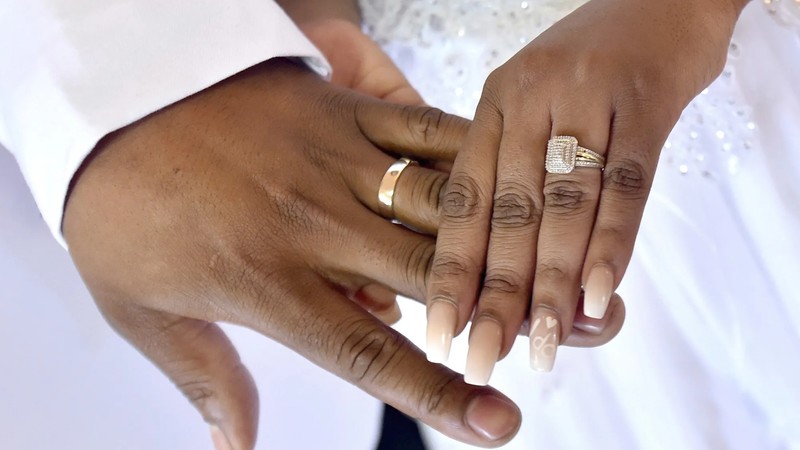The Northern Cape High Court in Kimberly recently ruled against a man who attempted to dispute his customary marriage, claiming that the R5,000 he had paid was for a cleansing ceremony rather than lobola. The ruling came amid divorce proceedings, during which the man insisted that no marriage had taken place, while his wife maintained the opposite.
Their story began in 2004 when the woman, then in Grade 11, met her future husband, who was renting a room in her mother’s house. Over time, their relationship deepened, leading to a marriage proposal and subsequent preparations for her introduction to his family.
In December 2009, she traveled to Lesotho to visit his family. Upon arrival, she was instructed to enter the house only after nightfall, as his father was not supposed to see her during the initial visit. The next day, his family hosted a ceremony in her honor, slaughtering a sheep and offering her a rib to eat—a significant cultural gesture. She was then dressed in traditional Shweshwe attire, which she was told signified her status as a bride. To substantiate her claims, she presented photographs of the event as evidence in court.
A key witness for the woman testified that in April 2010, he was part of the entourage representing her family during lobola negotiations. He detailed that the man’s family was charged twelve cows, with each cow valued at R1,000. An initial payment of R5,000 was made, with an agreement that the remaining balance would be settled later. The lobola agreement was documented, signed by negotiators, and submitted as evidence. A small celebration followed the negotiations, though the groom was absent, in line with BaSotho and BaTswana traditions. The witness firmly refuted the husband’s claim that the negotiations were postponed due to a required cleansing ceremony following the wife’s miscarriage. He stated that their culture does not necessitate such a ritual.
The husband, in his testimony, acknowledged that they met in 2004 and that she became pregnant in 2009. He admitted to taking her to Lesotho to meet his family, but insisted that the visit was merely to introduce her as someone he intended to support financially with her studies. He denied proposing marriage and claimed that while a sheep was slaughtered and a Shweshwe dress was made for her, she was not officially recognized as his wife. He contended that the gathering was simply a welcome ceremony for someone he had an interest in marrying, not a marriage celebration.
Regarding the lobola negotiations, the husband asserted that they were postponed due to venue complications. He maintained that the R5,000 payment was not for lobola but for the cleansing ceremony following the miscarriage. In his culture, he explained, such a ceremony was crucial and could not be overlooked. He further argued that since he was financing her education and driving lessons, they had agreed that he would not pay lobola. He also claimed that the lobola letter submitted in court was forged, stating that he only became aware of it in 2015 when he received a legal letter from his wife’s former attorneys.
His father testified in support of his son’s version, emphasizing that the slaughtered sheep was merely a welcoming gesture and denying that a new name was given to the woman during the ceremony.
Presiding over the case, Judge Cecile Williams found the woman’s account more credible. She concluded that lobola negotiations did indeed take place in April 2010 and that the R5,000 payment was made as part of the agreement, as evidenced by the lobola letter. The judge noted that both the woman and her witness withstood extensive cross-examination without wavering in their testimony.
In the final judgment, the court ruled that a valid customary marriage had been established between the parties. The man was ordered to cover the costs of the application, cementing the legal recognition of their union.
